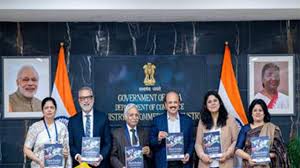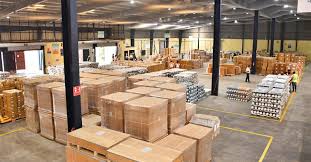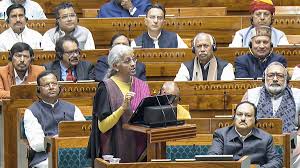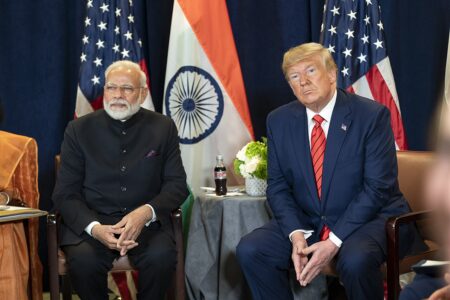Bangladesh unrest impacts logistics; Indian textile sector sees varied effects.
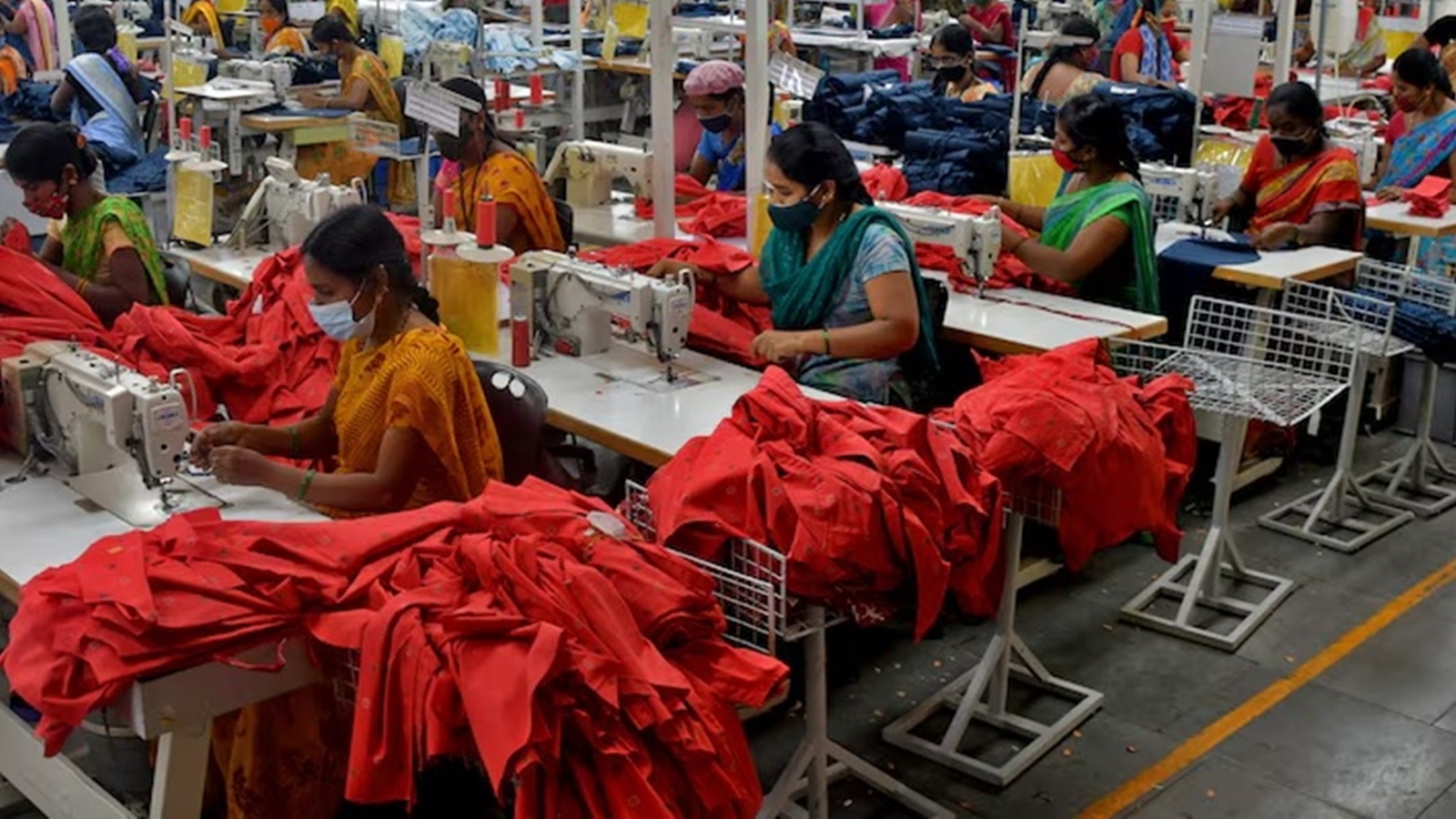
Western garment and footwear firms have temporarily stopped placing new orders in Bangladesh due to ongoing violence, significantly impacting logistics and supply chains. Despite production resuming with workers putting in extra hours to clear backlogs, the decline in orders is affecting India’s textile industry, which supplies raw materials to Bangladesh.
As orders wane, Indian cotton exports to Bangladesh are declining, though fresh garment inquiries are rising in India. M. Rafeeque Ahmed, Chairman of Chennai-based Farida Group, noted that Bangladeshi workers and administration are working overtime, with some items and technicians sourced from India to meet demands.
Production in Dhaka and Chittagong is stabilising, but Ahmed expects Western orders to return due to Bangladesh’s favorable duty climate as a least developed country (LDC).
Chandrima Chatterjee, Secretary General of the Confederation of Indian Textile Industry (CITI), mentioned that while garment inquiries are increasing, the immediate impact on Indian exports of input materials is negative. She highlighted the potential benefits of India’s PLI and PM Mitra schemes to meet national demand.
A garment sector executive, preferring anonymity, said Western firms were considering India even before the Bangladesh crisis, citing human rights concerns. Despite opportunities, India’s product mix remains unchanged, with orders often diverted to Cambodia, Vietnam, and Indonesia.
Bangladesh’s $45 billion clothing industry, employing over four million workers and contributing 11 percent to GDP, faces logistical challenges from weakened electricity infrastructure, rising input costs post-Russia-Ukraine war, and adverse weather, according to S&P Global. This situation has caught the attention of global leaders, with discussions between Prime Minister Narendra Modi and US President Joe Biden, and Finance Minister Nirmala Sitharaman highlighting regional instability.



